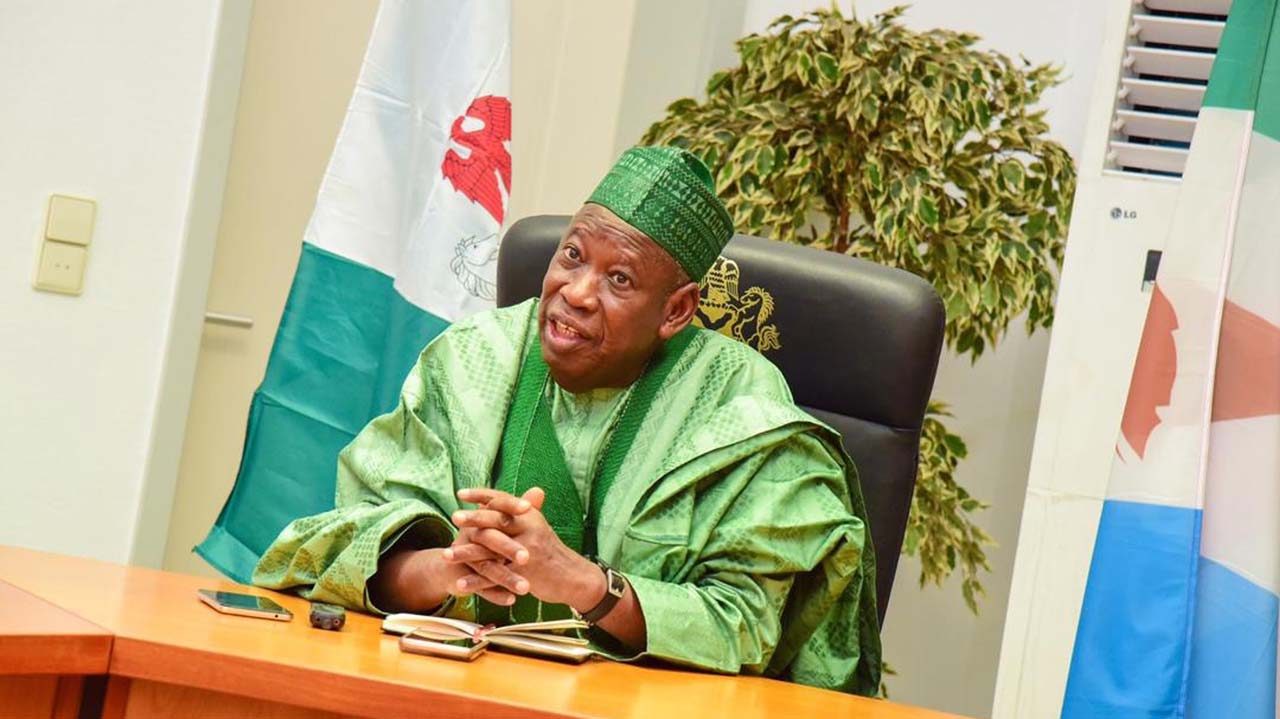This is according to a 2019 survey report by the sub-committee on out-of-school children in Kano State submitted to governor Abdullahi Ganduje
The report claims the drop in figures is the result of Ganduje’s government policies of free and compulsory basic and secondary education in the State
Recall that a National Education Data Survey, NEDS, report of 2015 had indicated that Kano State had the highest number of Out-Of-School children at 1,306,106 in 2015.
The alarming report according to a statement by the governor’s Chief Press Secretary, Abba Anwar led to the establishment of strategies to reverse the indices
The statement explained, “Then with the coming into being, of free and compulsory basic and secondary schools education policy, as contained in the report submitted to the governor by the sub-committee on Out-Of-School children survey 2019, it was noted that as a result of various intervention programmes the serious drop becomes inevitable.
Read Also: 2020 UTME: JAMB Under Fire Over NIN Requirement
“The survey by the sub-committee was conducted across all the 44 local governments in the state, in the 3 Senatorial Districts. It was conducted on house to house basis, using Village/Ward Heads under the District Heads of each local government area.
“The committee was mandated to liaise with relevant stakeholders and officials to undertake survey on Out-Of-School children in the state, with a view to generating a comprehensive and reliable data that will enable government to effectively implement the laudable policy of Free and Compulsory Basic and Secondary Schools Education in the state.”
According to the report, from the total number of 410,873 out-of-school children in the state, 275,917 are boys, that represents 67% and 134,956 are girls, representing 33%.
The report indicates that, Tofa local government has the lowest number of 2,184 out-of-school children and Rogo has the highest number of 15,899 out-of-school children.
Parts of the interventions that resulted in the drastic drop of out-of-school children from 2015 to 2019, according to the report, was the re-introduction of state school feeding of primary 1 to 3 by Community Promotion Council, CPC, creation of new Emirates, National Home Grown Feeding programme of primary 1 to 3, Global Partnership for Education/Nigeria Partnership for Education Project (GPE/NIPEP), provision of free school uniform by government and other philanthropists and advocacy and sensitisation by government.

